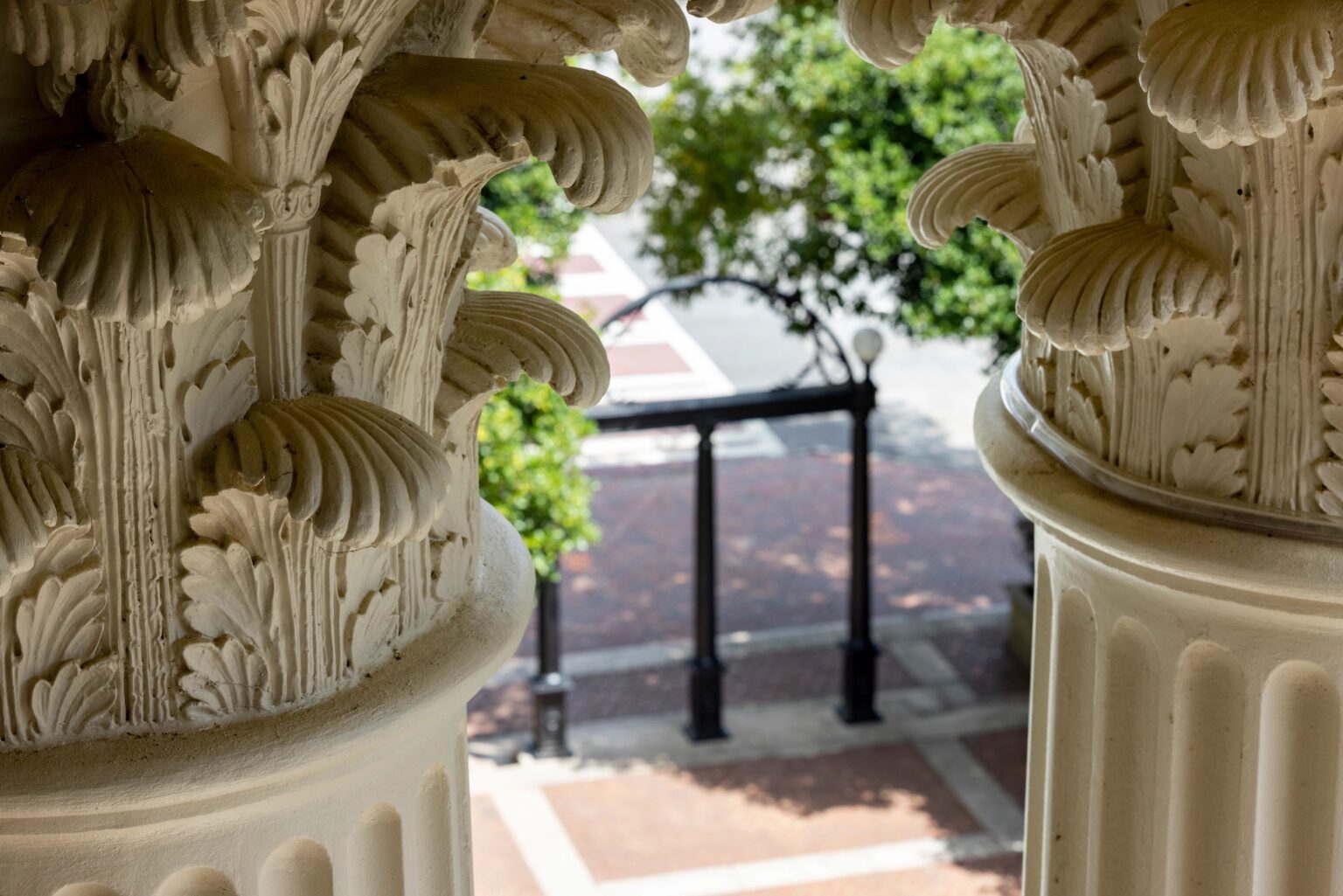Ah, fall! The crisp air. The cooler days. The mounds of leaves in your yard and dead plants in your garden.
"Be grateful for what you've got and use it," said Wayne McLaurin, a horticulturist with the University of Georgia Extension Service. "There's so much usable 'trash' in your yard and garden that's free."
McLaurin said landfills don't take yard or garden waste anymore. New laws ban leaves, yard trimmings and other organic material. And those city and county landfills that have special organic-matter disposal sites are increasing their fees for pickup and disposal nearly every year.
"When you think about it, it's kind of silly to pay someone else to cart away yard trash and leaves this fall and then turn around and buy mulches and compost next spring," McLaurin said.
The dying and dead leaves and plants can provide insulation this winter and valuable organic material for next year's plants.
It's important to clean gardens and flower beds every year. "The dead plants can harbor disease organisms and insects," McLaurin said, "that may damage or destroy plants next year."
McLaurin said he uses as much yard clippings and trimmings as he can as mulch first. Then he composts any remaining material. Mulches keep the soil moist and insulate plant roots.
Using yard waste as mulch is also like composting in place. "The mulch decays right there," he said. "Then next spring, a quick cultivating adds rich organic matter into the soil."
Grind leaves and dead plants by running over them with a lawn mower. Grinding the material makes the pieces smaller and keeps them from blowing away.
Then spread the ground-up trimmings two to three inches deep around ornamental bushes, trees and in flower beds.
Some people prefer the look of pine straw as mulch, he said. "So use two and a half inches of yard waste," he said, "and cover it with enough pine straw for the look you want."
You can compost and make it a lot of work, McLaurin said. Or you can leave the trash in a pile and it will rot and make compost by itself.
Pile dead plants, yard trimmings and leaves in one out-of-the- way, but easy-to-get-to, place. For every three big bags' worth of leaves, add one cup of 10-10- 10 fertilizer.
McLaurin said it's safe to use any animal manure, too, except pet waste.
Turn the pile over about once a month and make sure it stays moist. The material decays into rich, black compost in five to six months. "You don't have to turn it," McLaurin said. "But it will compost more slowly if you don't."
During composting, the rotting process makes the pile heat up. That heat kills most disease organisms and insects.
Most seeds die during the process, too. "The only two I've seen come back are very seedy weeds and morning glory," McLaurin said. "But I think morning glory comes back no matter what!"
The county extension office has more information about using mulches and composting yard waste.
"Using yard waste is smart on a lot of counts," McLaurin said. "It saves money and time and helps the environment. There's certainly no point in going out to buy mulch and composted material when you've already got it right there in your yard."






